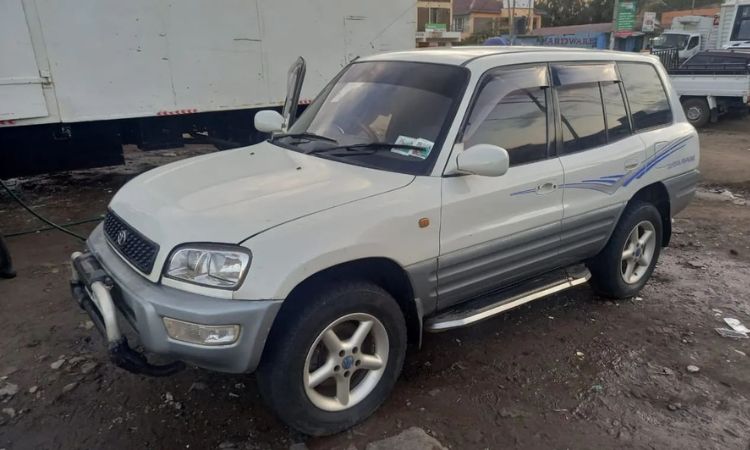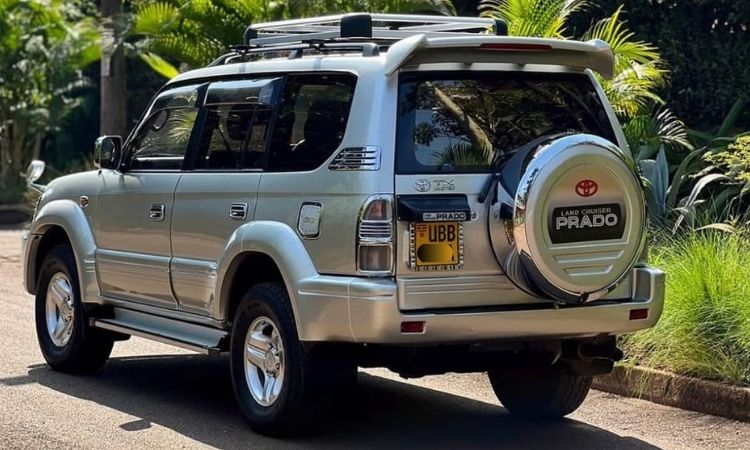What is a Car Rental Deposit: Car Rental Top Guide 2025
What is a Car Rental Deposit: A car rental deposit is a refundable amount of money you pay to a rental company when hiring a vehicle, serving as a security measure to cover potential damages, violations, or breaches of the rental agreement.
For a self-drive safari in Uganda, where rugged terrain and unpredictable conditions test both driver and vehicle, deposits are standard practice to protect the rental company’s assets.
Understanding the nuances of car rental deposits is crucial for budgeting and planning a seamless adventure through Uganda national parks, from Bwindi gorilla tracking trails to Murchison Falls’ savannahs.
This guide explains what a deposit entails, how it works, factors affecting its cost, refund processes, and tips to avoid complications, all tailored to the context of a Uganda safari.
What Is a Car Rental Deposit?
A car rental deposit is a pre-authorized or upfront payment held by the rental company to ensure the vehicle is returned in good condition and that all terms of the rental agreement are met.
It acts as a financial buffer for incidents like scratches, dents, mechanical damage, traffic fines, or failure to return the car with a full tank.
In Uganda, where self-drive safaris often involve off-road driving on gravel tracks, muddy paths, or flood-prone routes (especially in rainy seasons, March–May and October–November), deposits are critical due to the high risk of vehicle wear.
Deposits are typically refundable, provided the vehicle is returned without issues, but non-refunded portions may apply if damages or violations occur. For a Uganda safari, deposits also cover park-specific risks, such as wildlife-related incidents or off-road driving infractions.
How Does a Deposit Work in Uganda?
When renting a 4×4 car for a Uganda safari—such as a Toyota Rav4 ($30–$50/day), Prado ($60–$80/day), or Land Cruiser ($90–$120/day)—the rental company will require a deposit at the time of pickup, usually at Entebbe Airport or Kampala offices.
This deposit is separate from the rental fee and can be paid via credit card (preferred for pre-authorization holds), debit card, or cash, though cash is less common due to fraud risks.
Credit card holds are frozen funds, not withdrawn unless needed, and are released upon vehicle return if no issues are found. The process typically works as follows:
- At Pickup: You sign a rental agreement outlining deposit terms, provide payment (e.g., credit card for a $500 hold), and inspect the vehicle with the company for pre-existing damage, documented in a checklist. In Uganda, companies like Self Drive Uganda or Roadtrip Africa often include a 1-hour orientation to clarify responsibilities.
- During Rental: The deposit is held to cover potential damages (e.g., cracked windshields from gravel), traffic fines (e.g., UGX 100,000/~$27 for speeding), or breaches like late returns. For safaris, it may also cover park-specific issues, such as tire punctures from thorny acacia or minor body scratches from bush trails.
- At Return: The vehicle is inspected against the initial checklist. If no damage or violations are found, the deposit is refunded (cash) or the hold is released (credit card, typically within 7–14 days, depending on your bank). If issues arise, the company deducts costs from the deposit, providing an itemized breakdown.

Factors Affecting Deposit Amounts
Deposit amounts in Uganda vary based on several factors, reflecting the unique challenges of safari driving. Typical deposits range from $200 to $1,500, depending on the following:
- Vehicle Type: Compact 4×4 cars like Rav4s require lower deposits ($200–$500) due to lower repair costs, while high-end Land Cruisers or safari vans demand $800–$1,500 because of their value and specialized parts.
- Rental Duration: Longer rentals (7+ days) may have higher deposits to account for extended exposure to rough terrain. Short-term rentals (1–3 days) often have lower deposits, especially for urban trips.
- Itinerary and Terrain: Safaris to remote parks like Kidepo Valley or Bwindi, with challenging roads, often require higher deposits than trips to accessible parks like Lake Mburo. Cross-border travel (e.g., to Rwanda) may increase deposits due to import/export risks.
- Insurance Coverage: Comprehensive insurance (covering theft, collision, third-party liability, ~$10–$15/day) may lower the deposit by reducing the company’s risk. Basic policies excluding gravel roads or wildlife damage often lead to higher deposits.
- Company Policies: Reputable providers like us at Car Hire Uganda set clear deposit terms, while smaller operators may demand cash deposits or higher amounts to offset limited resources.
Refund Process and Potential Deductions
Refunds are straightforward if you adhere to the agreement. Upon returning the vehicle, the company inspects for damage, checks fuel levels, and verifies no outstanding fines (increasingly tracked via Uganda’s 2025 speed cameras). Deductions may occur for:
- Physical Damage: Minor scratches (from branches) cost $50–$100; major repairs (e.g., bumper damage) can hit $500+.
- Traffic Violations: Unpaid fines for speeding or illegal parking are deducted, often with a processing fee.
- Contract Breaches: Late returns (e.g., beyond agreed hours) or under-fueled tanks incur penalties ($20–$50).
- Park-Specific Issues: Driving off marked tracks in parks like Queen Elizabeth or hitting wildlife can lead to fines or repair costs.
Refunds for cash deposits are typically immediate, while credit card holds take 7–14 days to clear, depending on your bank. Always request a receipt or confirmation of the refund.
Tips to Avoid Deposit Complications
To maximize your refund and ensure a hassle-free experience, consider these practical tips tailored to Uganda’s safari context:
- Inspect Thoroughly: Before driving off, document all pre-existing damage with photos/videos during the company’s walk-around. Note scratches, tire wear, or interior issues to avoid disputes.
- Understand the Contract: Read the fine print for deposit terms, especially exclusions (e.g., gravel road damage). Clarify costs for common safari issues like punctures.
- Choose Reputable Companies: Opt for established providers with transparent policies and 24/7 roadside support. Avoid operators like Omega with poor maintenance records.
- Drive Cautiously: Stick to daylight hours (7 AM–6 PM), avoid off-roading unless permitted, and maintain 50m from wildlife to prevent accidents. Yield to local traffic and animals to minimize risks.
- Fuel Up: Return the vehicle with a full tank, as per most agreements, to avoid penalties. Gas stations are sparse near remote parks, so plan refueling stops.
- Secure Payment: Use a credit card for holds to avoid tying up cash. Ensure your card has sufficient limit ($500–$1,500) to cover the deposit.

